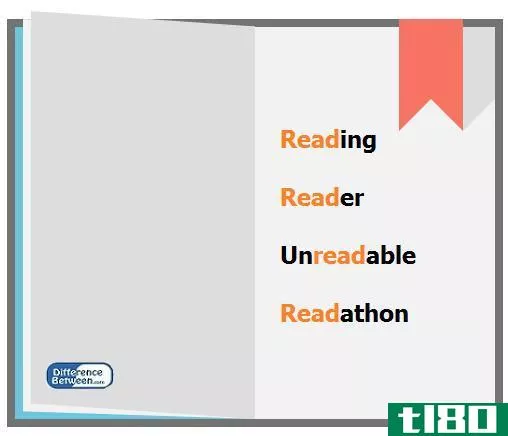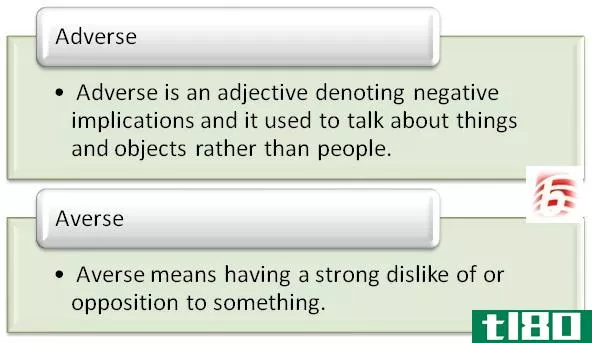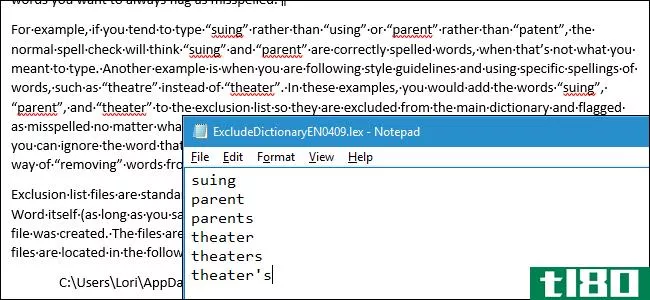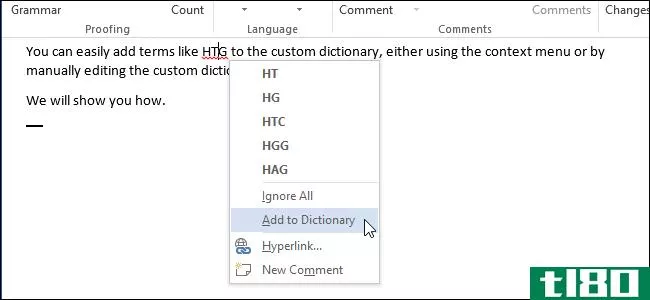什么是语言障碍(单词厌恶)?(logomisia (word aversion)?)
在语言研究中,logomisia是一个非正式的术语,表示基于声音、意义、用法或联想对特定单词(或单词类型)的强烈厌恶。也被称为单词厌恶或语言病毒。

在《语言日志》上的一篇文章中,语言学教授马克·利伯曼(MarkLiberman)将单词厌恶定义为“对某个词或短语的声音或视觉产生强烈的、非理性的厌恶感,这不是因为它的使用被认为在词源、逻辑或语法上是错误的,也不是因为它被认为使用过度、多余、时髦或不标准,而仅仅是因为这个词本身感到不愉快甚至恶心。”
潮湿的
"A Web site called Visual Thesaurus asked its readers to rate how much they like or dislike certain words. And the second-most-hated word was moist. (A friend once said that she dislikes cake mixes that are advertised as being 'extra-moist' because that basically means 'super-dank.') Oh, and the most-hated word of all was hate. So a lot of people hate hate." (Bart King, The Big Book of Gross Stuff. Gibbs Smith, 2010) "My mother. She hates balloons and the word moist. She considers it pornographic." (Ellen Muth as George Lass in Dead Like Me, 2002)流口水
"My own word aversion is longstanding, and several decades from the first time I heard it I still pull back, like the flanges of a freshly opened oyster. It is the verb to drool, when applied to written prose, and especially to anything I myself have written. Very nice people have told me, for a long time now, that some things they have read of mine, in books or magazines, have made them drool. . . . "I . . . should be grateful, and even humble, that I have reminded people of what fun it is, vicariously or not, to eat/live. Instead I am revolted. I see a slavering slobbering maw. It dribbles helplessly, in a Pavlovian response. It drools." (M.F.K. Fisher, "As the Lingo Languishes." The State of the Language, ed. by Leonard Michaels and Christopher B. Ricks. University of California Press, 1979)干酪
"There are people who dislike the sound of certain words—they would enjoy eating cheese if it had a different name, but so long as it is called cheese, they will have none of it." (Samuel Engle Burr, An Introduction to College. Burgess, 1949)吮吸
"Suck was a queer word. The fellow called Simon Moonan that name because Simon Moonan used to tie the prefect's false sleeves behind his back and the prefect used to let on to be angry. But the sound was ugly. Once he had washed his hands in the lavatory of the Wicklow Hotel and his father pulled the stopper up by the chain after and the dirty water went down through the hole in the basin. And when it had all gone down slowly the hole in the basin had made a sound like that: suck. Only louder." (James Joyce, A Portrait of the Artist as a Young Man, 1916)厌恶的反应
"Jason Riggle, a professor in the department of linguistics at the University of Chicago, says word aversions are similar to phobias. 'If there is a single central hallmark to this, it’s probably that it’s a more visceral response,' he says. 'The [words] evoke nausea and disgust rather than, say, annoyance or moral outrage. And the disgust response is triggered because the word evokes a highly specific and somewhat unusual association with imagery or a scenario that people would typically find disgusting—but don’t typically associate with the word.' These aversions, Riggle adds, don’t seem to be elicited solely by specific letter combinations or word characteristics. 'If we collected enough of [these words], it might be the case that the words that fall in this category have some properties in common,' he says. 'But it’s not the case that words with those properties in common always fall in the category.'" (Matthew J.X. Malady, "Why Do We Hate Certain Words?" Slate, April 1, 2013)发音:低去我扎
- 发表于 2021-10-05 09:55
- 阅读 ( 210 )
- 分类:语言
你可能感兴趣的文章
学期(term)和单词(word)的区别
...这篇文章,让我们来考察一个词和一个词之间的区别。 什么是一句话(a word)? 一个词可以被定义为一种语言的一个完整的有意义的元素。单词是由语素组成的,语素是语言中最小的元素。与语素不同,语素可能独立存在,也可...
- 发布于 2020-10-21 15:06
- 阅读 ( 417 )
基本字(base word)和词根(root word)的区别
...而词根词则来自另一种语言。 目录 1. 概述和主要区别 2. 什么是基本词 3. 什么是词根 5. 并列比较-基本词和词根的表格形式 6. 摘要 什么是基本词(a base word)? There are two types of words in the English language: the words that can be broken down into...
- 发布于 2020-10-24 06:11
- 阅读 ( 822 )
单词(word)和语素(morpheme)的区别
...。本文试图通过对这两个术语的描述来突出这一区别。 什么是词素(a morpheme)? 语素是指单词中最小的有意义的成分。一个语素不能再分成几个部分。例如,椅子、狗、鸟、桌子、电脑都是语素。正如你所看到的,它们表达了一...
- 发布于 2020-10-29 12:30
- 阅读 ( 384 )
不利的(adverse)和厌恶(averse)的区别
...反对是唯一的区别,因此许多人混淆这两个词。 不利是什么意思? 正如牛津词典对它的定义,negative(发音:('advəːs/)指阻止成功或发展;有害;不利:它是一个形容词,表示消极含义,它用来谈论事物和物体,而不是人。...
- 发布于 2020-11-03 01:23
- 阅读 ( 141 )
如何在microsoftword中拼写和语法检查
... 一般来说,有两个原因可以解释为什么您要添加一个新的自定义词典。你可能想用另一种语言写作,或者需要添加一长串专门的单词(比如医学术语)。 ...
- 发布于 2021-03-11 15:29
- 阅读 ( 360 )
如何翻译word文档
...够以类似的方式翻译部分文本以及整个Word文档。 相关:什么是最新版本的微软办公软件? 在word中翻译部分文本 在Microsoft Word中,您可以快速地将单词和短语的小片段以及整个文本段从一种语言翻译到另一种语言。Word将自动...
- 发布于 2021-04-02 09:58
- 阅读 ( 132 )
如何从microsoft word的拼写检查中排除某些单词
拼写排除列表是可以强制Word将其标记为拼写错误的单词列表,即使它们在主词典中被列为拼写正确的单词。我们将向您展示如何添加要始终标记为拼写错误的自定义单词列表。 例如,如果您倾向于键入“suing”而不是“using”...
- 发布于 2021-04-09 21:01
- 阅读 ( 174 )
如何在word 2013中使用自定义词典
...d 2013时有检查拼写的选项,则可以使用关联菜单轻松地将单词添加到自定义词典中。但是,如果您想添加或删除许多自定义单词,甚至添加专门的词典,该怎么办? 我们将向您展示如何在Word 2013中向自定义词典添加单词和从中...
- 发布于 2021-04-11 23:13
- 阅读 ( 152 )
不利的(adverse)和厌恶(averse)的区别
主要差异不利(main difference adverse) vs. 厌恶(averse) 这两个形容词很容易混淆,因为它们看起来很相似。乍一看,这两个词甚至可能看起来是相同的,因为字母“d”在反面似乎是他们之间的唯一区别。事实上,这两个词在起源上是...
- 发布于 2021-06-27 17:50
- 阅读 ( 194 )
英语中的混淆词
...总而言之,混淆词是语言中最棘手的领域之一。这就是为什么我们把这些容易混淆的单词编成一个列表。您可以浏览这些词对,找到有关其含义、功能和用法的更多信息。 适应与采纳 建议vs建议 不利与厌恶 过道vs小岛 影响vs效...
- 发布于 2021-06-27 18:58
- 阅读 ( 177 )















